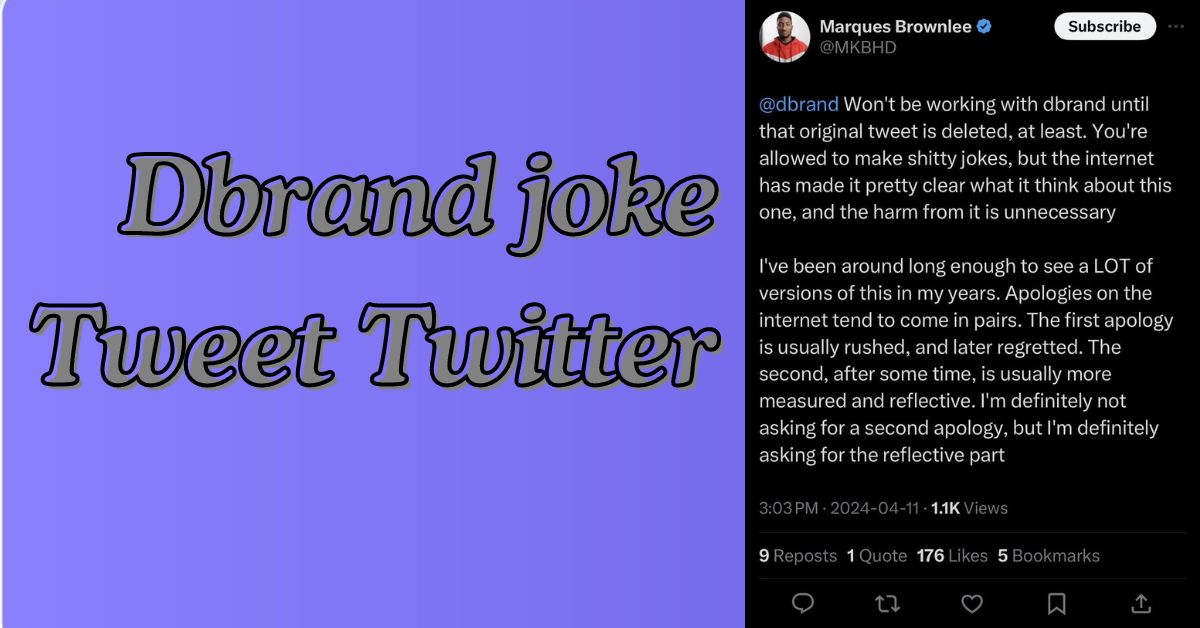Social media marketing. barnaby paul smith has transformed the way businesses communicate and engage with their audience. It’s more than just posting content—it’s about building relationships, fostering community, and driving engagement through platforms like Facebook, Instagram, TikTok, and LinkedIn. In today’s digital age, businesses of all sizes use social media to expand their reach, enhance brand recognition, and create loyal customer bases.
Who is Barnaby Paul Smith?
Barnaby Paul Smith is a renowned expert in the field of social media marketing. With years of experience working with brands across various industries, he has helped businesses grow their online presence and achieve measurable results. His approach blends creative content strategies with data-driven insights, ensuring that every campaign is designed for maximum impact.
MUST READ: The Impact of Luther Editor’s Social Media Strategies on Keezy.co’s Growth
Why Social Media Marketing is Essential for Businesses
In today’s competitive market, social media marketing is essential for any business looking to thrive. Why? It’s where your customers are. More than 4.5 billion people use social media globally, making it a prime channel for reaching potential customers and engaging with existing ones. Social media can help build brand awareness, drive traffic to your website, and even increase sales.
Key Elements of Social Media Marketing
Successful social media marketing revolves around a few key elements:
- Content Creation and Curation: This involves crafting and sharing high-quality, relevant content that resonates with your audience.
- Audience Targeting: Knowing who you’re speaking to is crucial. Define your target demographic based on age, location, interests, and behaviors.
- Platform Selection: Each social media platform has its own strengths. Whether it’s Instagram for visuals or LinkedIn for B2B, picking the right platform is key.
How to Develop a Social Media Strategy
A well-planned social media strategy is essential for achieving success. Start by defining clear goals—do you want to increase followers, drive sales, or improve engagement? Once your objectives are set, study your audience to understand their preferences and online behavior. This will help you tailor your content and approach to suit their needs.
Creating Engaging Content
Creating engaging content is one of the most important aspects of social media marketing. Your content should be a mix of images, videos, and written posts that inform, entertain, or inspire. Think about using:
- Videos: Short, snappy videos are great for engagement. Platforms like TikTok and Instagram Reels have popularized this format.
- Stories: Instagram and Facebook Stories are a fantastic way to share behind-the-scenes content and create a more personal connection with your audience.
Optimizing Social Media Profiles
Your social media profiles are often the first impression potential customers will have of your brand. Make sure they’re optimized with a consistent aesthetic, clear bio, and relevant keywords to improve visibility in search results. Use your logo as the profile picture and make sure all links are up-to-date.
The Role of Analytics in Social Media Marketing
Analytics play a crucial role in determining the success of your social media marketing efforts. Tools like Facebook Insights, Twitter Analytics, and Google Analytics can help you track key metrics like reach, engagement, and conversions. By measuring performance, you can make informed decisions about future campaigns.
Paid vs Organic Social Media Strategies
While organic social media (unpaid) can build authentic engagement, it can be slow to generate results. Paid social media strategies—such as ads on Facebook and Instagram—allow businesses to target specific demographics, ensuring faster and more precise reach. However, paid strategies come with costs, so finding a balance is key.
Social Media Trends to Watch
Some of the latest trends in social media marketing include:
- Influencer Marketing: Partnering with influencers can be a powerful way to reach new audiences.
- Short-Form Video Content: Platforms like TikTok and Instagram Reels are leading the charge in short-form content, which is highly engaging.
- Chatbots and AI: Automation is making it easier for businesses to respond to customer inquiries in real-time, enhancing the customer experience.
Common Mistakes in Social Media Marketing
It’s easy to fall into common traps in social media marketing, such as:
- Inconsistent Posting: Regular posting is key to maintaining engagement.
- Ignoring Audience Feedback: Your followers’ comments can provide valuable insights into their needs and preferences.
- Focusing on One Platform: Spreading your presence across multiple platforms can help reach a broader audience.
The Impact of Social Media on Consumer Behavior
Social media has fundamentally changed the way consumers make purchasing decisions. Social proof—such as reviews, testimonials, and user-generated content—plays a significant role in influencing consumer trust. Brands that actively engage with their community can build a stronger connection and increase loyalty.
Case Studies: Barnaby Paul Smith’s Success Stories
Barnaby Paul Smith has worked on numerous successful social media marketing campaigns. One such campaign involved a fashion brand that doubled its online sales within six months, thanks to a carefully crafted influencer marketing strategy. His attention to detail and data-driven approach made all the difference.
The Future of Social Media Marketing
As technology continues to evolve, so will social media marketing. We can expect to see even more integration of AI and automation, increased use of virtual reality (VR) and augmented reality (AR), and a continued shift towards video content. Staying ahead of these trends will be crucial for any brand looking to succeed.
Conclusion
Social media marketing is an ever-changing field, but one thing remains constant: its importance to businesses. By developing a solid strategy, creating engaging content, and staying updated with the latest trends, brands can leverage the power of social media to achieve their goals.
FAQs
What is the best platform for social media marketing?
The best platform depends on your audience and business goals. Instagram is great for visuals, LinkedIn for B2B, and TikTok for viral content.
How often should I post on social media?
Consistency is key. Posting at least 3-4 times a week is generally recommended, but this can vary depending on your audience and platform.
Can small businesses benefit from social media marketing?
Absolutely! Social media allows small businesses to reach a large audience without a huge budget.
What budget is needed for social media ads?
Social media ad budgets vary. Even with a small budget, you can run targeted ads that generate good results.
How do I measure the success of my social media campaigns?
Success can be measured through engagement metrics (likes, comments, shares), reach, and conversions using tools like Google Analytics and platform-specific insights.
READ MORE: CLICK HERE



